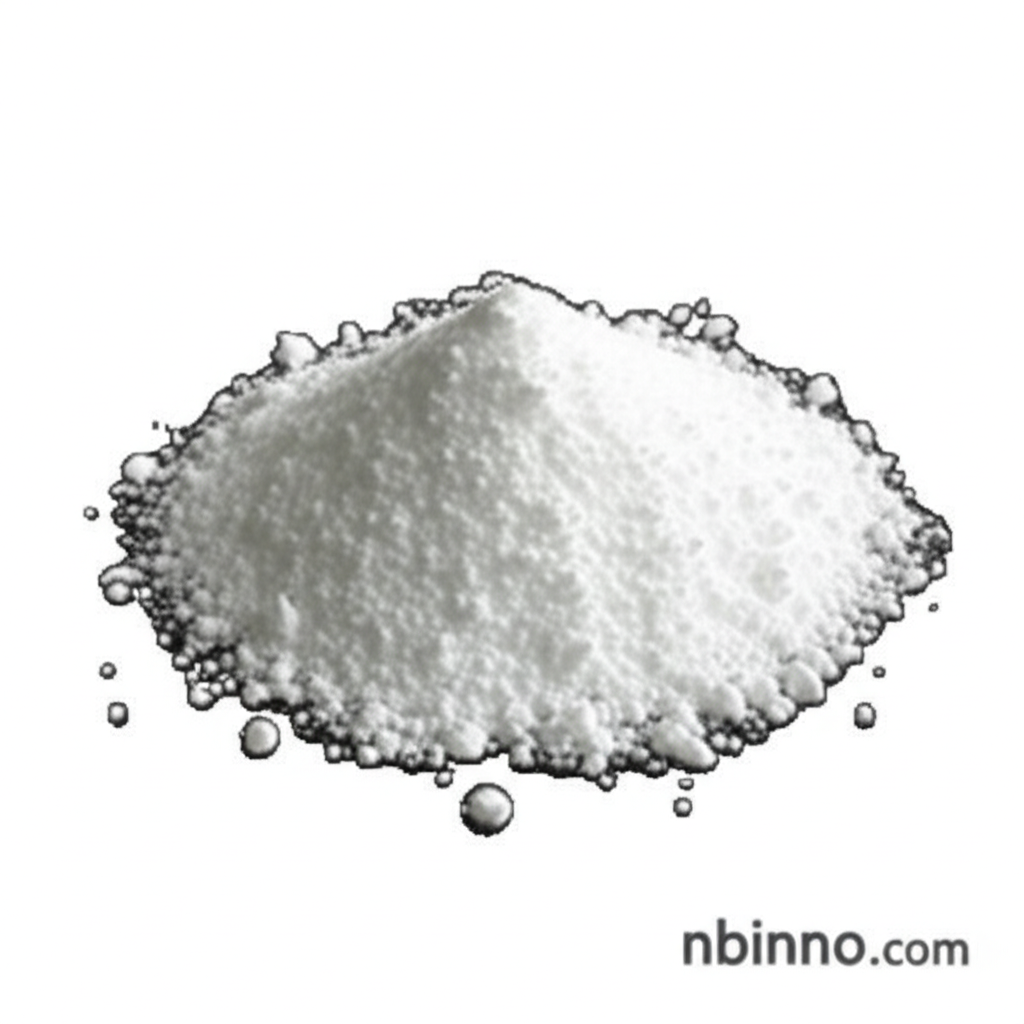Trimethylolpropane (TMP): A Versatile Triol for Enhanced Polymers, Coatings, and Lubricants
Discover the essential role of Trimethylolpropane in advanced material science and industrial applications.
Get a Quote & SampleProduct Core Value

Trimethylolpropane
Trimethylolpropane (TMP) stands as a key trifunctional alcohol, distinguished by its three primary hydroxyl groups. This unique structure makes it an exceptionally versatile building block in the chemical industry, particularly for enhancing the properties of polymers, coatings, and lubricants. Its excellent reactivity and stability contribute to superior performance characteristics in a wide array of industrial end products.
- Unlock advanced material properties by leveraging Trimethylolpropane's role in alkyd resin synthesis, a critical component for high-quality industrial paints and varnishes that demand durability and excellent finish.
- Explore the potential of TMP as a crucial polyol in polyurethane formulations, vital for creating foams, elastomers, and coatings with improved mechanical strength and long-term stability.
- Enhance the performance of synthetic lubricants with Trimethylolpropane, a key ingredient for applications requiring exceptional thermal and oxidative stability, such as in aviation and automotive sectors.
- Utilize TMP for the preparation of plasticizers, which are essential for improving the flexibility and processing characteristics of various polymers, ensuring they meet demanding application requirements.
Key Advantages of Trimethylolpropane
Exceptional Crosslinking Capabilities
The three hydroxyl groups on Trimethylolpropane enable efficient crosslinking reactions, significantly boosting the performance and durability of resins, coatings, and polyurethane systems.
Superior Thermal and Chemical Resistance
When incorporated into polymer matrices, TMP imparts excellent resistance to heat, chemicals, and hydrolysis, ensuring product longevity and reliability in challenging environments.
Versatile Industrial Applications
From automotive coatings to aviation lubricants and flexible foams, Trimethylolpropane's adaptability makes it a go-to ingredient for manufacturers across numerous sectors seeking advanced material solutions.
Key Applications
Alkyd and Polyester Resins
TMP is fundamental in the synthesis of alkyd and polyester resins, providing enhanced film hardness, gloss retention, and overall durability crucial for industrial coatings and paints.
Polyurethane Systems
As a key polyol, TMP contributes to the formulation of polyurethane foams, elastomers, and coatings, improving their mechanical properties and resistance to aging and wear.
Synthetic Lubricants
Esters derived from TMP are vital for high-performance synthetic lubricants, offering excellent thermal stability and low-temperature fluidity, essential for demanding applications like aviation engines.
Coatings, Adhesives, and Sealants
TMP enhances crosslinking in various coatings, adhesives, and sealants, leading to improved bonding strength, flexibility, and weather resistance, critical for product longevity.
